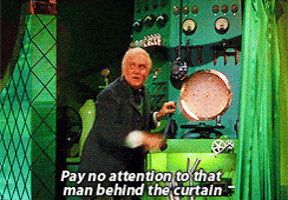The issue, as I understand it from the Hazen post linked above, is not the paid canvassers. It is the lottery for registered voters in swing states signing a petition.I don't think there is a constitutional right to pay people to sign a petition. That there is no applicable statute perhaps speaks to the perceived wisdom of such a rule, but I can't see how the First Am would bar it.
Paying a canvasser is completely different. That's an employment relationship. I don't think it's governed by the First Amendment. For instance, suppose a canvassing firm wanted to pay its canvassers below minimum wage. I don't think there would be a First Am defense to that. Do you?
Think about it in terms of practicality. It would be really, really hard to get enough signatures for ballots without paying people. It is not hard at all to get people to sign a petition without being paid. This speaks, I think, to my argument above that canvassing is an employment activity and not political activity, but you could also look at it from the perspective of strict scrutiny. A law outlawing canvassing would be broad, and perhaps unlikely to be narrowly tailored as required by any form of heightened scrutiny. A law outlawing paying for signatures is much more narrowly tailored toward the problem at hand.
I don't think it's a hard case. As you know, my experience in criminal law is limited so what I think about the difficulty of proving it isn't worth that much, but at least in theory I don't think it's hard.
I could see this Supreme Court saying Musk has a right to do what he is doing. After all, he is not vote buying - he is arguably registration buying, which is not that much different from a paid get out the vote campaign. After all, we supposedly think it is a societal good to have more registered voters.

